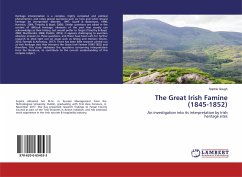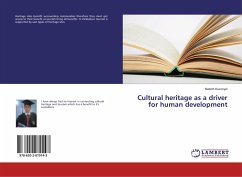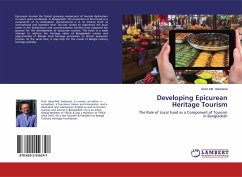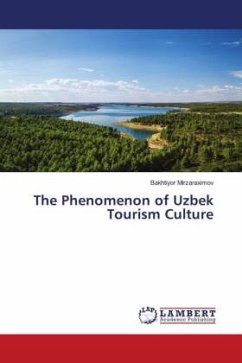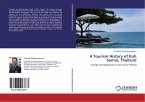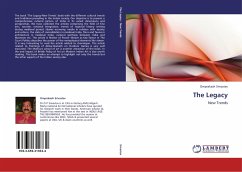Heritage interpretation is a complex, highly contested and political phenomenon, and raises several questions such as; how and when should heritage be interpreted? (Barnett, 1997; Uzzell & Ballantyne, 1998; Harrison, 2004; Timothy & Boyd; 2006). Similar questions are asked in the context of difficult heritage; elements of the past that society can acknowledge as their history, but would prefer to forget (Timothy & Boyd, 2003; MacDonald, 2006; Pavlic ic , 2016). It appears challenging to ascertain absolute answers to these questions, and there have been calls for further research to shed light out on issues such as timing and memory (Stone, 2016; Farmaki & Antoniou, 2017). There has been little research carried out at Irish heritage sites that interpret the Great Irish Famine (1845-1852) and therefore, this study addresses the questions concerning interpretation from the literature, to contribute to the current understanding of this complex subject.
Bitte wählen Sie Ihr Anliegen aus.
Rechnungen
Retourenschein anfordern
Bestellstatus
Storno

